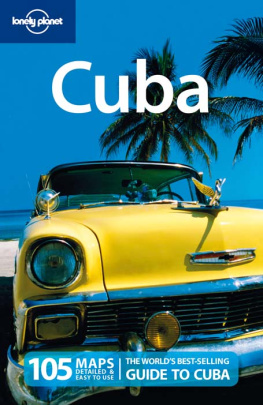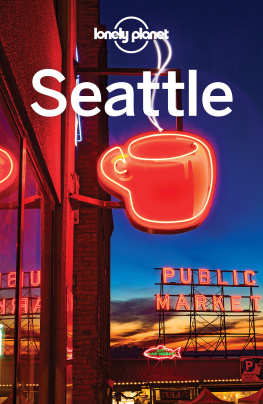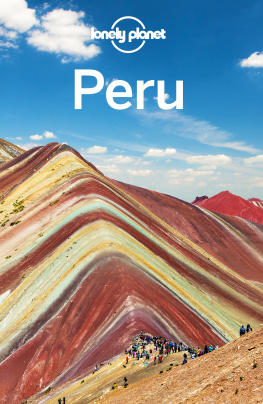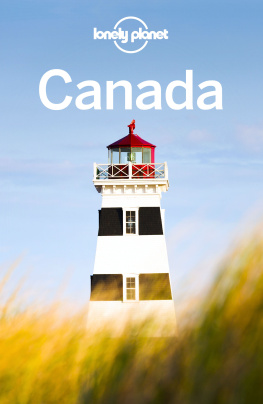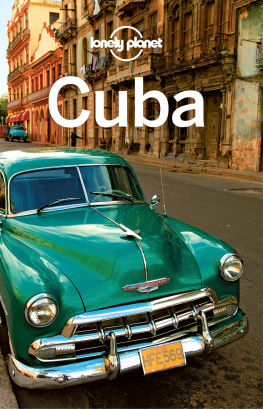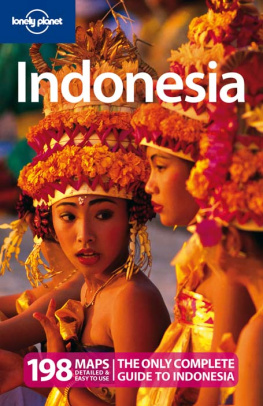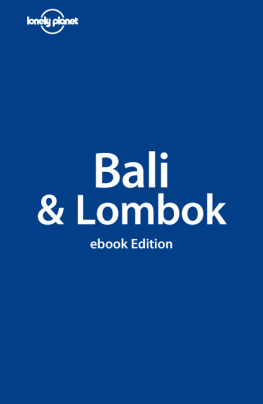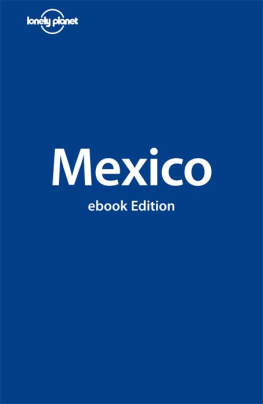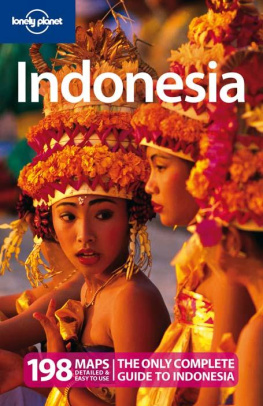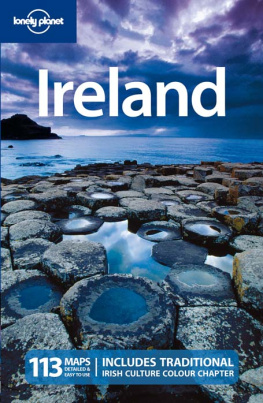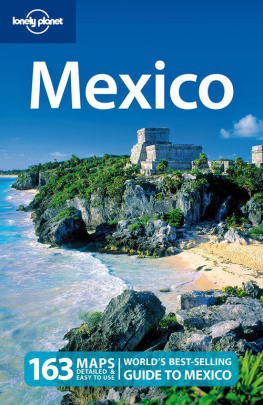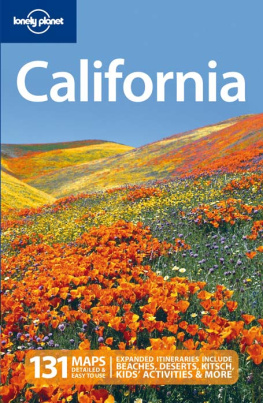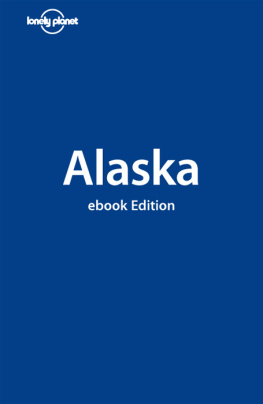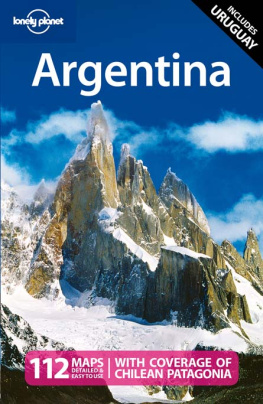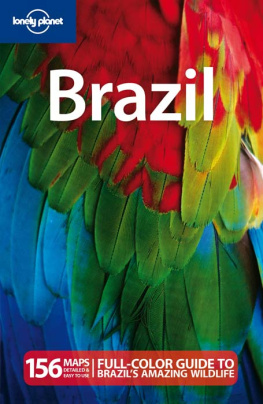Destination Cuba
Caressed by the warm currents of the Caribbean and lashed by regular destructive hurricanes, Cuba is the ultimate travel contradiction; a dynamic mix of music, history and revolutionary politics that, at times, seems to have had the life sucked out of it by 50 years of austere, unbending socialism. As much as youll love it (and its hard not to), there will be occasions when it baffles and frustrates you, raising both your passion and your ire.
To the outside world, life in Cuba has changed little since the 1960s. Castros isolated island nation remains one of the worlds last great Cold War anachronisms, a stubborn contrarian caught in an ideological no-mans-land between an ever-powerful USA on one hand and a long defunct USSR on the other.
But, while gasping yank tanks still splutter unhealthily around the streets of Santiago and Havana, Cuba has been quietly dusting off its communist cobwebs for more than a decade. Aided by a growing medical and pharmaceutical sector and bolstered by a new left tide in Latin American politics, Cuba is no longer the international basket case that it once was.
FAST FACTS
Population: 11.3 million
Area: 110,860 sq km
GNP per capita: US$12,700
Life expectancy: 76 (men); 80 (women)
Adult HIV/AIDS prevalence rate: 0.01%
Ethnicity: 65% white, 24% mixed, 10% black, 1% Chinese
Number of cell phones: 198,000
Total railways: 4226km
First Cuban heart transplant performed: 1985
Ranking on World Press Freedom Index: 169th
The first signs of a thaw came in the early 1990s when the postCold War economic meltdown forced the Castro administration into making some important free-market concessions. Allowing limited private enterprise and opening up the floodgates to tourism, the Cubans were able to let out their homes to foreigners and mingle freely with visitors from the capitalist West.
Progress was slow at first, but by the mid-2000s subtle signs of the new economic buoyancy were beginning to appear. A veteran of the Special Period returning home today after a 10-year exile would detect a plethora of subtle but important changes. Theres a greater choice of consumer goods in the citys shops, the expanding waistlines of the better-off Habaneros and most noticeably the traffic: in the late 90s you could have quite conceivably sat down and had your lunch in the middle of Havanas Malecn sea drive; today, it takes a good five minutes to even cross it.
On inheriting the presidency from his brother in February 2008, Ral Castro initiated a handful of progressive but largely symbolic reforms. In May, the Cuban government passed a law that allowed its citizens access to all tourist hotels (they had previously been barred from all but the cheapest). The same month the Cubans were also legally permitted to own cell phones, buy various electronic goods and own larger tracts of land in private farms.
The Cubans greeted the inauguration of Barack Obama to the White House in January 2009 with guarded optimism. Cautiously they envisaged, if not an immediate end to the embargo, then at least the start of some long-overdue dialogue. But with the country battered by three hurricanes inside two months and bloodied by the global economic downturn, the long-awaited celebrations to mark the 50th anniversary of the Revolution in January 2009 turned out to be muted and low-key.
After half a century of on-off austerity, the Cubans have grown wearily accustomed to false dawns. Placing their hopes in new leaders on both sides of the Straits of Florida, the optimists are hoping that this is not another one.
Getting Started
Cuba is a unique country with many distinct characteristics. Travel here not only requires a passport, money and a good sturdy rucksack; it also requires flexibility, creativity, good humor, patience and a healthy sense of adventure. Speaking Spanish, though not a prerequisite, is undoubtedly a huge advantage, and will allow you to travel further and dig deeper than the average tourist.
Linguistic dexterity aside, Cuba remains an easy country to travel in and there are few barriers stopping you from wandering around pretty much how and as you choose. A slight loosening of the screws since Ral Castro took office in February 2008 has allowed Cubans access to cell phones and entry into tourist hotels, meaning interaction with the locals is now simpler and often surprisingly candid.
Legislation under the Bush administration tightened the rules governing travel of US citizens to Cuba, though early signs from the Obama camp suggest many (if not all) of these limitations could soon be lifted. The thaw began in April 2009 when President Obama signed a law permitting unlimited travel to the island for Cuban-American families visiting relatives; they had previously been restricted to one visit every three years. For more information on legal travel to the island check out the Center for Cuban Studies website at .
WHEN TO GO
The best time to go to Cuba is between December and April, after the lashing rains of the hurricane season and before the hot and sticky discomfort of the scorching summer months. The downside is that during this period the high season or temporada alta as it is called in Cuba accommodation prices are hiked up by about 20% (). Youll also find the country a little more crowded at this time, particularly in the resort areas, although, off the beaten track, it is unlikely that you will ever have trouble finding a room in a casa particular.
See for more information.
Weather aside, Cuba has few other hurdles for visitors. Culture vultures should keep a close eye on the annual arts calendar for festivals and other events; baseball fans will certainly not want to miss the postseason, which runs from April to May; and political junkies may want to catch important days in the socialist calendar, particularly Labor Day (May 1) and Day of the National Rebellion (July 26).
COSTS & MONEY
For seasoned budget travelers Cuba can be a bit of a financial shock. Theres no network of dirt-cheap backpacker hostels here and not a lot of bargaining potential. In fact, compared with, say, Guatemala or Peru, you could feel yourself staring at a veritable financial conundrum with little or no room to maneuver. Furthermore, there is a tendency in Cuba to herd all foreign visitors around in one state-controlled tourist sector. Follow this well-trodden path of organized excursions and prepackaged cultural experiences at your peril. The costs will soon add up.
With a little guile and a certain amount of resilience, however, it neednt all be overpriced hotel rooms and wallet-whacking credit-card bills. Underneath the surface (and contrary to what a lot of tour reps will tell you), Cuba has a whole guidebooks worth of cheaper alternatives. On the accommodation front, the vibrant casa particular scene can cut costs by more than half, while do-it-yourself grocery purchasing and an ability to muck in with the resourceful locals on trucks, buses, trains and bicycles can give you access to a whole new world of interesting food and transport opportunities.
For those more interested in service and comfort, prices are equally variable, from CUC$50 per person at Varaderos cheapest all-inclusive to CUC$200 per person at a swanky Playa Esmeralda resort. If youre interested in getting away to the beach, prearranged air and hotel packages from Canada and Europe can be absurdly affordable (less than US$500 for a week in Varadero from Toronto) and seasoned Cuba travelers often take these deals because it works out cheaper than just the airfare alone. Most resorts and hotels offer big discounts for children under 12 years of age; its worth asking about. Children also travel half-price on Vazul buses, and many museums and attractions offer a 50% discount for kids. See the Transport chapter for further information on travel agencies who can arrange travel and tours to Cuba.

